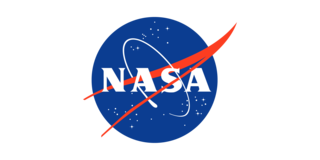IDIES Research Collaborations
The Johns Hopkins Institute for Data-Intensive Engineering and Science (IDIES) participates in research projects across many schools and divisions of the University, bringing together hundreds of researchers, educators, and technology developers to pursue a deeper understanding of the world, guided by big data.
This page describes some of the research projects that IDIES affiliates are engaged in, sorted by science domain.
Astronomy
The Sloan Digital Sky Survey (SDSS) is an ongoing project to make a map of the Universe. Using telescopes in the United States and Chile, the SDSS has taken images of more than 900,000,000 sky objects, and spectra for more than five million. The SDSS has produced more than 20,000 peer-reviewed papers in astronomy and computer science, and has become a standard resource for astronomers, students, and citizen scientists all over the world.
Project website: www.sdss.org
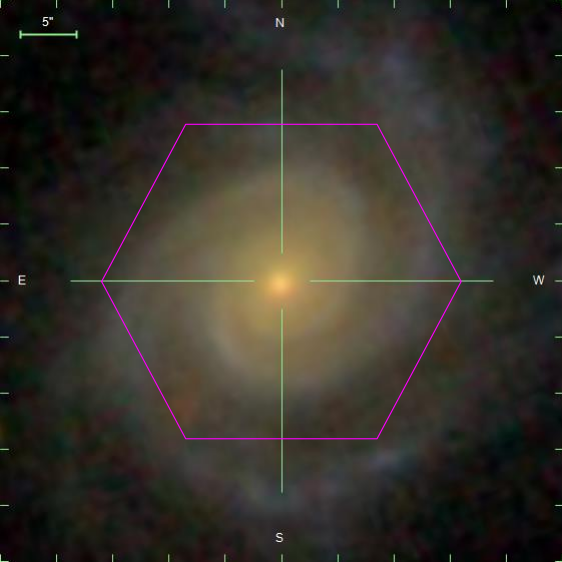 Galaxy Zoo is a citizen science project in which online volunteers look at images of galaxies from the Sloan Digital Sky Survey and classify them by shape. The result of these volunteer efforts is a database of reliable classifications of more than 900,000 galaxies, which has been released as an official SDSS data product. Researchers studying these classifications have written more than 60 peer-reviewed publications, advancing our knowledge of astronomy and other sciences.
Galaxy Zoo is a citizen science project in which online volunteers look at images of galaxies from the Sloan Digital Sky Survey and classify them by shape. The result of these volunteer efforts is a database of reliable classifications of more than 900,000 galaxies, which has been released as an official SDSS data product. Researchers studying these classifications have written more than 60 peer-reviewed publications, advancing our knowledge of astronomy and other sciences.
Project website: https://www.zooniverse.org/projects/zookeeper/galaxy-zoo
Fluid Dynamics

IDIES researchers in the Whiting School of Engineering have created the Johns Hopkins Turbulence Databases, a set of computer simulations of turbulent flow. Turbulence arises in a wide variety of engineering contexts, but it is extremely difficult to understand and predict. Computer simulations offer a way to understand and work with these important effects that might otherwise be beyond our understanding.
The complete output from all simulations is available freely to researchers and the public. IDIES researchers are studying the results to gain insight into how to work with turbulence in real-life applications.
Project website: http://turbulence.pha.jhu.edu/
Genomics
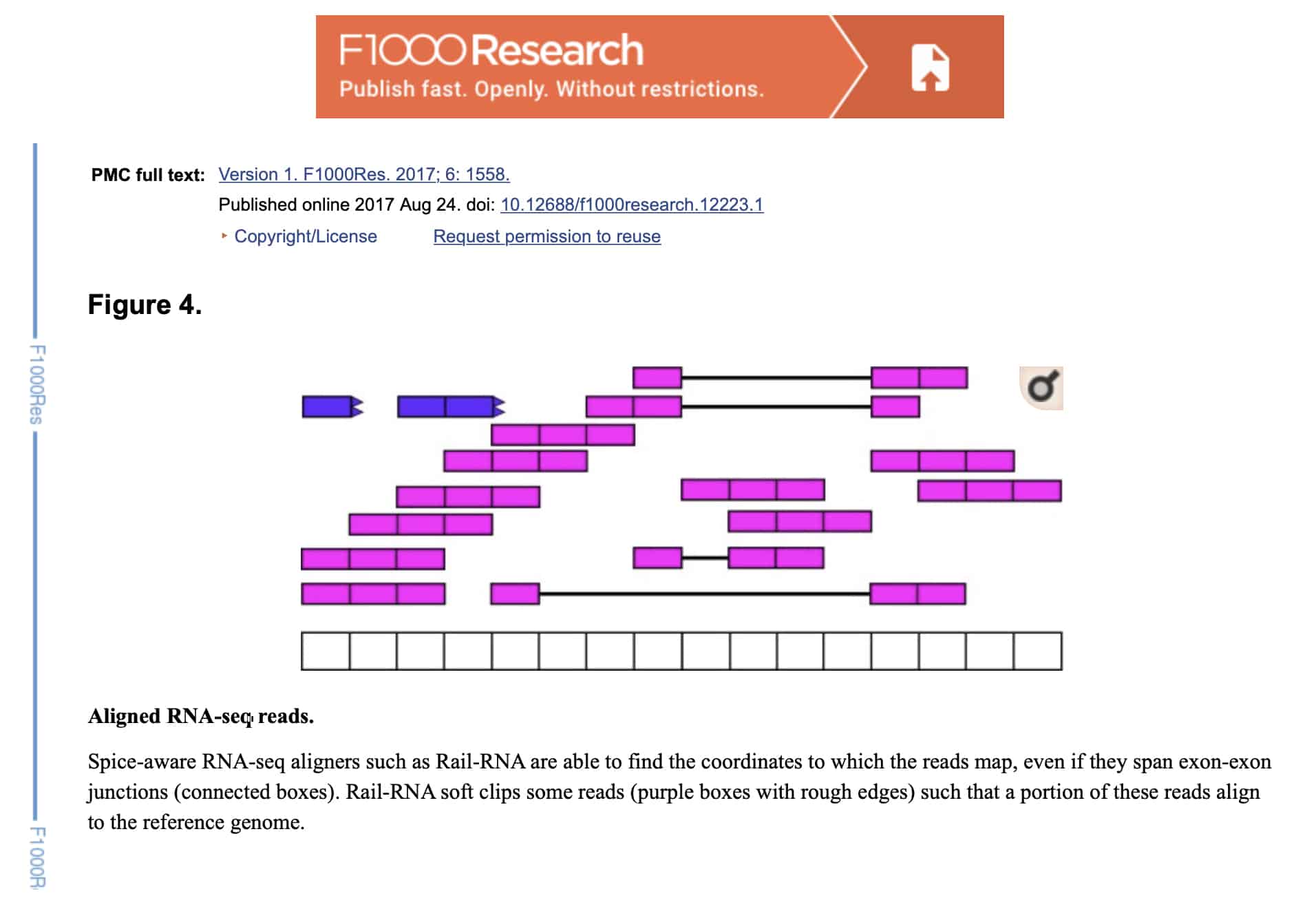
The recount2 collaboration compiles and studies published samples of human ribonucleic acid (RNA), the messenger molecule that helps to encode the information in DNA into the building blocks of cells. The project collates and curates published data for more than 50,000 human RNA sequencing samples, including genome coverage, gene counts, and exon counts. All these sequences are freely available through SciServer, along with online tools to analyze them. IDIES researchers analyze the data from all these studies together to search for new insights that could lead to new cures for diseases and higher quality of life worldwide.
Project website: https://jhubiostatistics.shinyapps.io/recount/
Oceanography
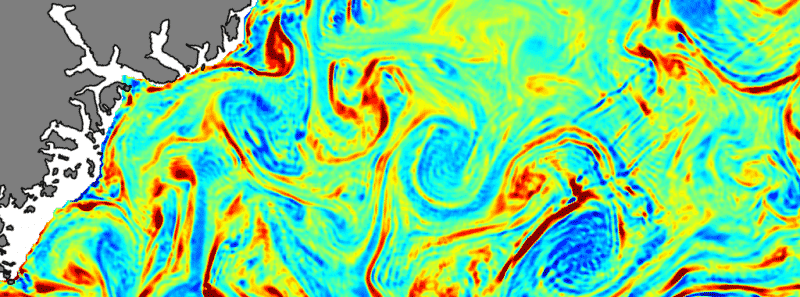 IDES researchers have created a series of computer simulations of how water moves through all the Earth’s oceans. These simulations let researchers study ocean currents at many scales, from small regions to the entire world ocean, potentially across thousands of years of simulated time. These results can be combined with marine observations to offer a more complete picture of how our oceans work, helping us to conserve resources in a changing world.
Project website: https://poseidon.idies.jhu.edu/
IDES researchers have created a series of computer simulations of how water moves through all the Earth’s oceans. These simulations let researchers study ocean currents at many scales, from small regions to the entire world ocean, potentially across thousands of years of simulated time. These results can be combined with marine observations to offer a more complete picture of how our oceans work, helping us to conserve resources in a changing world.
Project website: https://poseidon.idies.jhu.edu/
